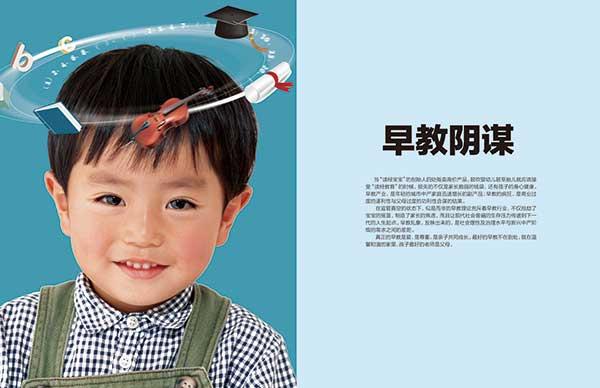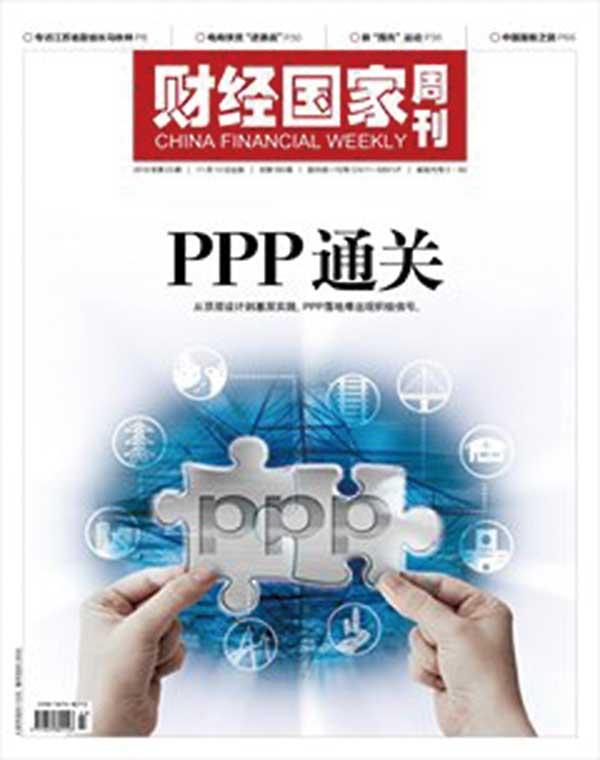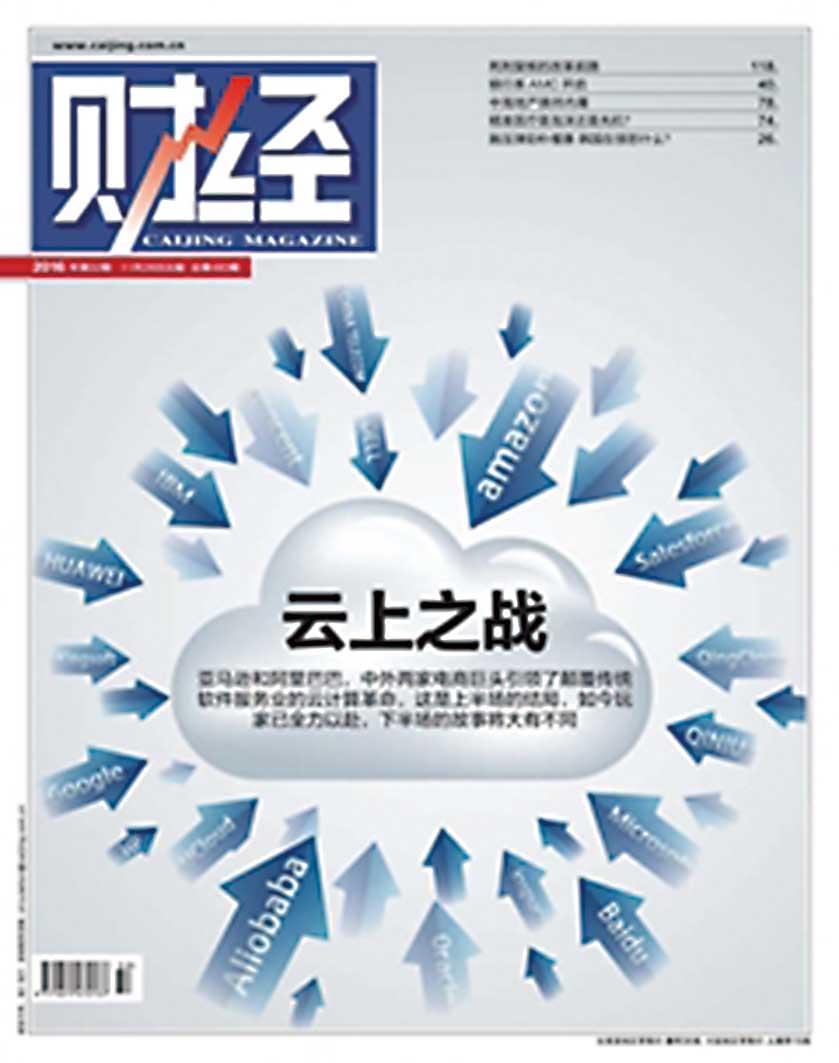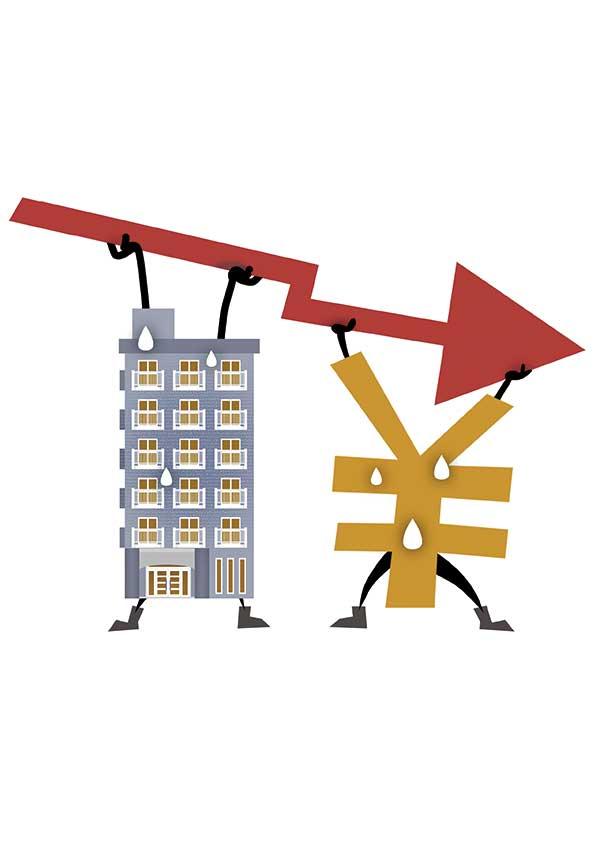 Old Version
Old Version
China needs a fairer and more balanced tax code
The unfair tax burden on the middle class is not only a major obstacle to the government’s efforts to boost domestic consumption, but has also limited the expansion of the middle class, which is considered the backbone of the country’s social stability and prosperity
Chaotic Early Education
Chinese parents have always valued education, but nowadays the push for success starts when kids are toddlers. According to bg.qianzhan.com, which analyzes the education industry, the market size of early education for children in China under six hit 347.9 billion yuan (US$50b) in 2015 and is expected to reach 415 billion yuan (US$60b) in 2016.
PPP Prospects
Statistics from the Ministry of Finance showed that as of the end of September 2016, there were 10,471 public-private partnership (PPP) funded projects nationwide worth 12.46 trillion yuan (US$1.8t).
Subscribe magazine with our email SUBSCRIBE
Cloud Competition
According to statistics from the China Academy of Information and Communications Technology, the market size of cloud computing in China hit 37.8 billion yuan (US$5.4b) in 2015 and a substantial increase is expected in 2016.
What They Say
“The real economy continues to slide, while real estate and finance have made the biggest ever contributors to economic growth. It means that the Chinese economy has been relying too much on these two industries.” Fan Jianping, chief economist at the State Information Center, talking about the risks facing the Chinese economy.
China’s Supreme Court Corrects Two Decade Old Injustice
On November 30, China’s Supreme People’s Court (SPC) finally declared Nie Shubin innocent, ending a miscarriage of justice that has persisted for two decades – but too late for Nie himself. Then a 20-year-old worker in Shijiazhuang, Hebei Province, Nie was sentenced to death in March 1995 for supposedly raping and killing a female worker surnamed Kang in a corn field of a village in the outskirts. He was executed one month after his appeal was rejected by the higher-level court.






